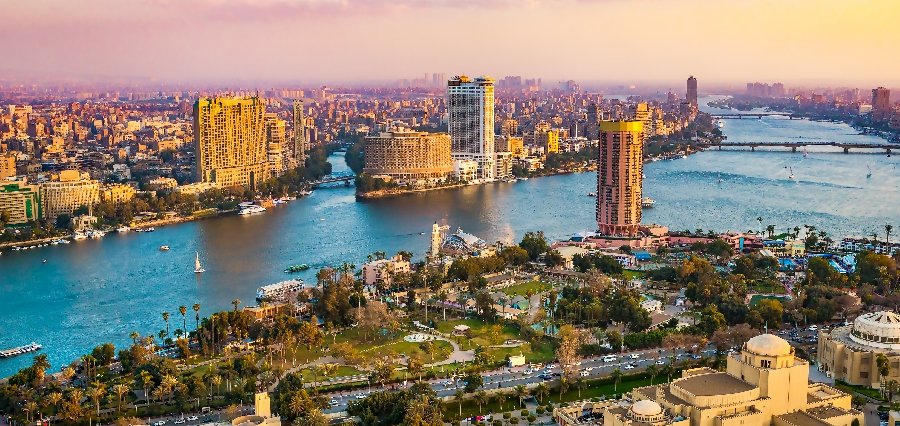Saudi Arabia will invest $25 billion in Africa’s private sector in the next ten years as a result of economic and trade cooperation improvements between the Kingdom and the continent, Finance Minister Mohammed Al-Jadaan said speaking at the Future Investment Initiative New Africa Summit in Riyadh.
The Saudi Minister said the country was committed to shaping Africa’s future by contributing towards giving philanthropically and more diversification of its economy. New Africa Summit acts as a portal where international investors can meet up with business leaders from across nations, and various forms of investment opportunities within the continent can be seen. Cross border partnerships may come across in the process.
Saudi Arabia was very proactive in the projects it implemented for Africa’s development. It recently concluded a memorandum of understanding with the African Development Bank Group to render funding support to newly emerging economies on that continent. “The relationship between the Kingdom and Africa is built on a common history, in addition to mutual strategic and economic interests going far beyond just geography, according to Al-Jadaan.”
The minister added, “In less than a year since the Saudi-Africa Summit, progress has already been made toward $5 billion of these anticipated investments.” He went on outlining other significant financial commitments by the Kingdom. These involve an allocation of $10 billion from the Saudi EXIM Bank, to finance projects over the next decade. As a matter of fact, the minister pointed out, already, $1.5 billion have been earmarked.
More investments will be under $1 billion of the Philanthropic initiative by Custodian of the Two Holy Mosques, and about $5 billion from Public Investment Fund to diversify the African economies. In addition, he stated that long-term resilience for economic development with further development of digital and Africa digital advancements are met in such initiatives.
He said that most African countries are in a pressing issue of sovereign debt sustainability, and thus, there must be coordinated global action on these issues in cooperation with institutions such as the IMF and World Bank.
Richard Attias, Chief Executive Officer of the FII Institute, highlighted this purpose of the summit: investing in Africa’s potential. “Africa is one of the most resilient and the most diverse continents in the world,” he said. “Our commitment is to empower African voices, foster sustainable growth, and craft partnerships that transcend borders.” Another panel featured Tony Elumelu, chairman of the United Bank for Africa, who said the growth of the startup ecosystem on the continent is significant, particularly among its young population. He noted that gender representation within leadership has improved and invited investors to explore opportunities in Africa, which is open to business despite the existing challenges.




